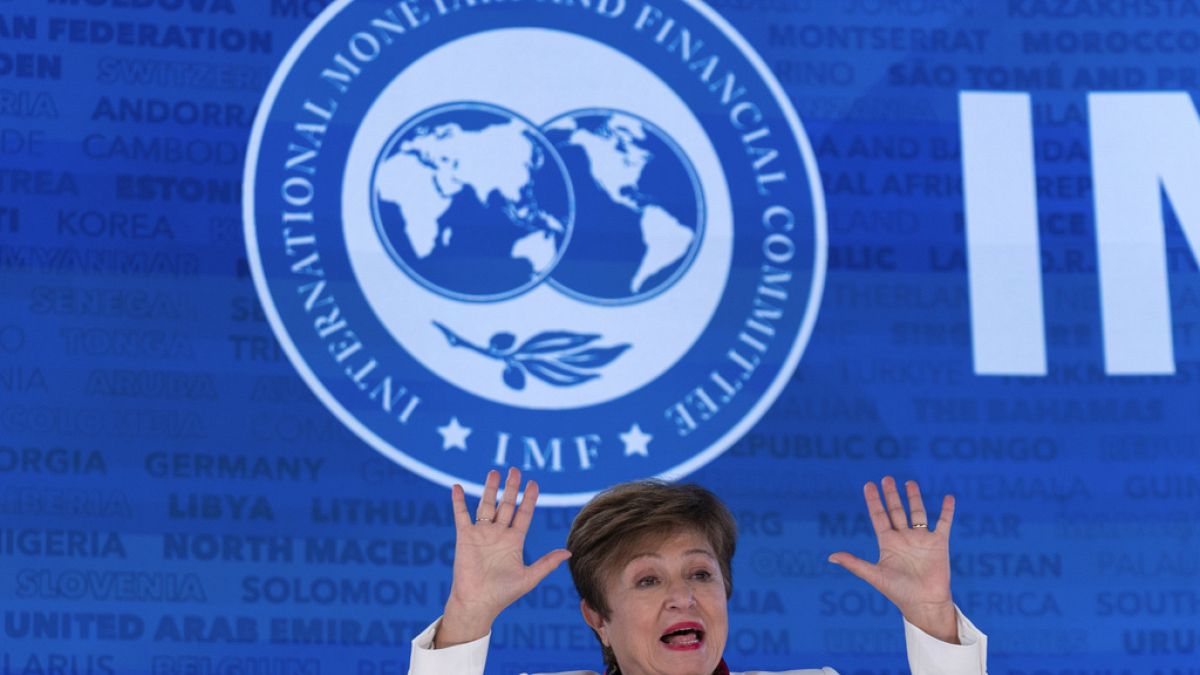IMF’s study focuses on security of supply and resilience of countries’ economies.
Efforts to meet Europe’s emission reduction targets led by industry and citizens will pay off according to an analysis published today (May 29) by the International Monetary Fund (IMF), which estimates the continent could improve energy security by 8% by 2030.
Higher carbon prices, energy efficiency and accelerated permitting for renewables were key policy areas identified by the Washington DC- based IMF to improve Europe’s energy security.
“An illustrative policy package that cuts emissions by 55% compared to 1990 levels would improve the two energy security metrics by close to 8% by 2030 for Europe as a whole,” read an IMF press statement, referring to the combination of the identified policy areas.
For the EU, the analysis predicts a reverse of 13 years of deterioration in economic resilience to energy disruptions and eight years of reduction in security of energy supply, due to decades of dependence on Russian’s energy.
The study’s reasoning lies primarily on the concept of reducing energy imports, by replacing fossil fuel imports with domestically produced renewables, which would help countries steer away from non-European suppliers and increase electrification to power vehicles and house heating systems.
The IMF’s paper takes into account the effects of climate action on energy security and simulates the impacts of climate policies to reduce emissions on two security measures: security of supply and the resilience of a given country’s economy.
The authors assessed the risk of a disruption to energy supply by combining how dependent a country is on imports for its energy consumption with how diversified those energy imports are. Secondly, they analysed how prepared a given country was to handle an energy disruption, based on the share of gross domestic product (GDP) it spends on energy.
Today’s paper sits at odds with conservatives and right-wing lawmakers in the European Parliament, who have rejected several climate legislative files claiming the policies under the EU’s plan to reach net-neutrality by 2050, the European Green Deal, aren’t “credible and achievable”.
The European Conservatives and Reformists (ECR) and the Identity and Democracy (ID) political groups are poised to gain a significant number of seats in the upcoming European elections of 6-9 June, threatening the unravelling of five years of climate legislation.

